IRAQ
CONTEXT
Iraq has improved its position on the Global Terrorism Index from 7th in 2023 to 11th in 2024, largely due to efforts led by the government. For more than two decades, Iraq has experienced cycles of conflicts and wars, resulting in an entire generation of young people growing up in an environment marred by conflict.
Key drivers of instability and violence in Iraq include regional dynamics, a historical cycle of violence, systemic injustice, and inequalities. These factors serve as fertile ground for exploitation by violent extremist groups, particularly in areas marked by displaced populations, heightened unemployment, and limited economic opportunities.
Moreover, climate change exacerbates conflicts over scarce resources, particularly water. The return of a large number of people from the camps in Northeast Syria presents another challenge of reintegrating them. Iraq’s ability to manage and mitigate these issues is constrained by the broader effects of regional rivalries and conflicts.
INVESTMENT FOCUS
GCERF’s investment in Iraq focuses on supporting the implementation of Iraq’s national strategy to counter violent extremism, addressing the loss of livelihoods caused by climate change in Southern Iraq and facilitating the rehabilitation and reintegration of individuals returning from Northeast Syria as well as internally displaced people (IDPs) who are vulnerable to radicalisation.
GCERF-funded initiatives engage:
- women and children returnees from Northeast Syria
- frontline workers (social workers, psychologists, teachers, local authorities)
- highly vulnerable members of host communities who can be violent and resentful towards returnees
- local and informal authorities (religious leaders, tribal leaders, community, district and governorate council members)
GCERF aims to achieve the investment objectives through a range of activities conducted by community-based organisations, such as:
- trainings for youth and returnees on establishing and managing small-scale businesses.
- provision of mental health and psychological support to returnees for healing their trauma and well-being.
- trainings for strengthening the skills of frontline workers like psychologists, social workers and teachers who work directly with returnees.
- facilitating the enrollment of children in schools.
- workshops and trainings for local government authorities, tribal and religious leaders to improve their knowledge of PVE and strengthen their community engagement skills.
08
Total Grants
08
Active Grants
15
Civil Society Organisations
6.9M USD
Total Amount Committed

LOCAL PARTNERS
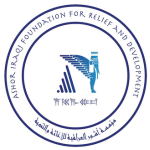
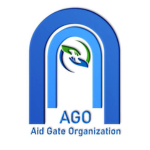

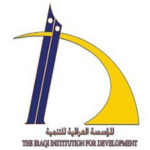
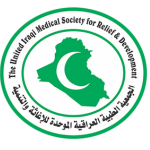
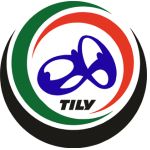
Newsletter

Sustainable Development Goals
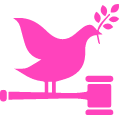
Peace, Justice & Strong Institution
No Poverty

Quality Education

Gender Equality

Decent Work & Economic Growth

Reduced Inequalities

